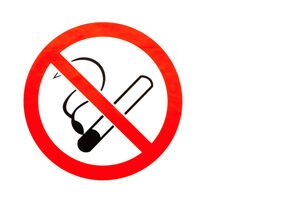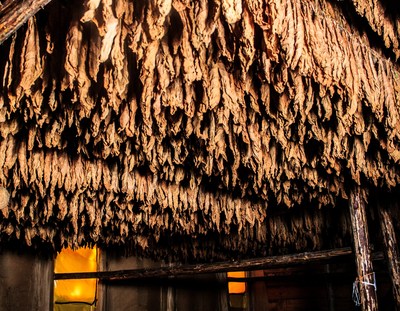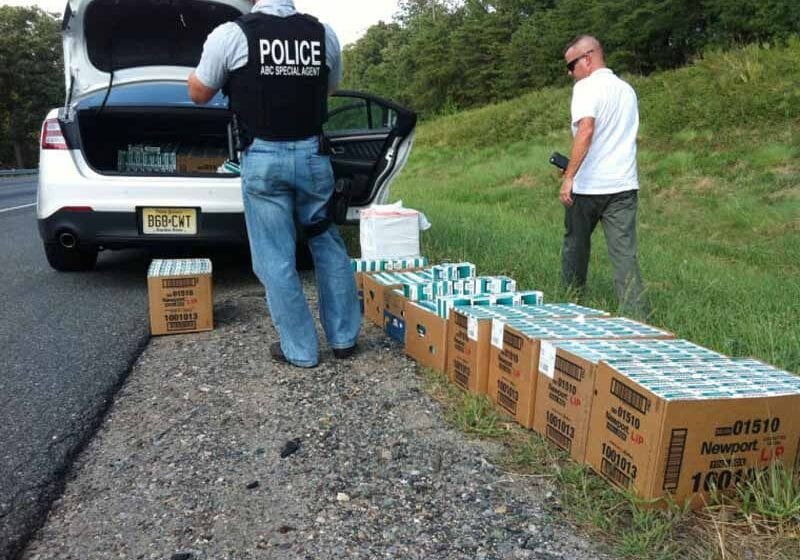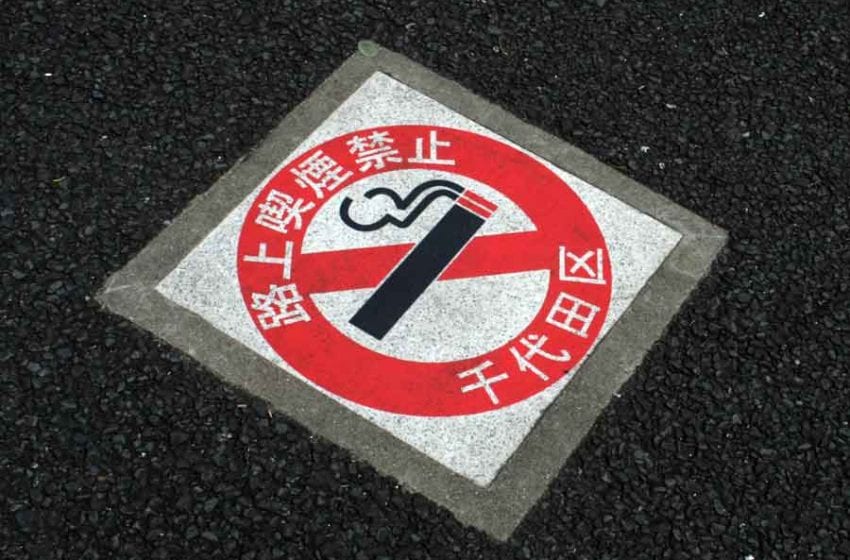Tobacco growers around the world are concerned about the implementation of inappropriate tobacco-control measures, and they are particularly concerned about a proposal by the US Food and Drug Administration to reduce the nicotine delivery levels of cigarettes.
Representatives of tobacco-grower organizations from Argentina, Brazil, Bulgaria, Greece, India, Indonesia, Italy, Macedonia, Malawi, South Africa, Turkey, the US, Zambia and Zimbabwe met in Greece on October 17 for the annual meeting of the International Tobacco Growers’ Association.
The representatives said growers were aware of the efforts that had to be made to improve tobacco production and sustainability, and to address challenges such as child labour and deforestation. Growers were committed to working in a compliant manner, following good agriculture practices, to produce a crop that supplied a legal market of more than 900 million consumers and that provided a livelihood to millions of farmers, rural workers and their families around the world.
In a note posted on its website, the ITGA said growers accepted the need to regulate the consumption of tobacco products, but insisted that regulatory measures should be balanced and based on science, not on personal opinions. It was vital to prevent the implementation of measures that had a devastating impact on the livelihoods of millions of tobacco farmers and labourers without achieving any of the desired aims of tobacco control.
Growers were said to be particularly concerned with the recent proposal by the FDA to reduce the nicotine in cigarettes. This measure would influence policy makers outside the US and the effect of it would be felt by the most vulnerable part of the tobacco value chain, the growers. The reduction of nicotine, said the growers, would make the production and sale of traditional cigarettes almost impossible, pushing consumers to illicit products that did not respect such limits. Demand for legal tobacco would drop sharply without an alternative plan being in place for tobacco growers.
Those attending the meeting in Greece agreed that a platform that included all relevant stakeholders, including health authorities, should be set up to discuss this issue and seek solutions. But they seemed not to be optimistic.
‘The World Health Organization’s (WHO) Framework Convention on Tobacco Control (FCTC) keeps excluding growers and their representatives from the discussions being held about matters having a direct impact on tobacco production and, therefore, on growers’ livelihoods,’ the note said. ‘Growers are a legitimate part of this process and they have been asking for their inclusion into the FCTC’s debates.
‘Many of the subjects being debated in the FCTC meetings concern tobacco growers across the world. ‘More specifically articles 17 and 18 relate directly to tobacco production as they refer to alternatives to tobacco production and the environmental impact of tobacco growing.
‘Growers have been offering their help and their expertise to define measures that will directly affect their future. The legitimate growers’ representatives could have helped the government delegations attending FCTC meetings to have a much more realistic view of the present situation of tobacco growing around the world.
‘Growers insist that the WHO FCTC must return to its original mandate under Article 17, as was reiterated at the previous Conference of the Parties (COP6) in Moscow. Said COP6 reaffirmed the importance of carrying out studies and research to identify alternative crops that could provide a level of income and assured export markets equal to those provided by tobacco. For this reason, it was agreed upon that pilot projects in tobacco-growing regions would be necessary to demonstrate the long-term feasibility of such alternative crops.’
Since the beginning of the FCTC negotiations, growers have requested that:
- their right to be consulted on the development of policies which have a direct impact on them must be guaranteed;
- the significant economic contribution of the tobacco crop to the economies of tobacco-growing countries should be recognized; and
- a comprehensive economic study on the market should be conducted and taken into account when proposing measures.







